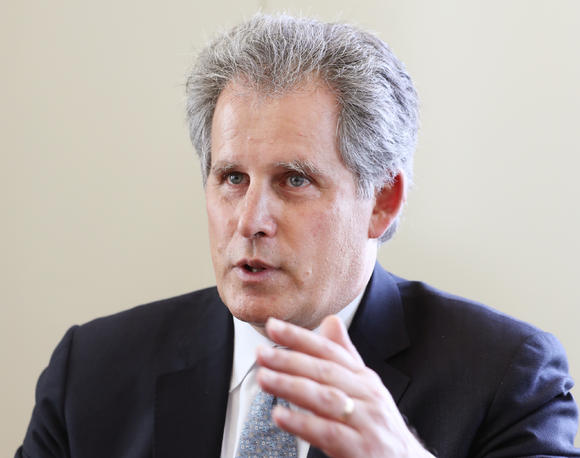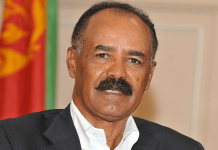First Deputy Managing Director and Acting Chair of the International Monetary Fund, David Lipton, says Egypt’s economy is yielding encouraging results. Mr. Lipton noted that the country’s economy is showing welcome signs of stabilization with GDP growth recovering, inflation moderating, fiscal consolidation remaining on track, and international reserves reaching their highest level since 2011.
In a statement released after the Executive Board of the International Monetary Fund (IMF) completed the second review of Egypt’s economic reform program, Mr. Lipton said “the banking system has also remained resilient to moderate shocks. The outlook is favorable, but will require sustained efforts to maintain prudent policies and advance structural reforms to support the authorities’ medium-term objective of inclusive growth and job creation.”
He continued, “By tightening monetary policy last year, the Central Bank of Egypt (CBE) managed to reverse high inflation, which was the main risk to macroeconomic stability. The continuation of this disinflationary trend could open the door to a gradual easing of interest rates, but the CBE should remain vigilant and be prepared to tighten the monetary stance if demand pressures reemerge.”
Independent analysts, however, believe that in the medium term, the CBE is planning to move to an inflation-targeting framework, which will help achieve low and stable inflation. The authorities are committed to a floating exchange rate regime, which serves as a buffer for external shocks, and the CBE’s decision to introduce a fee upon entry for the repatriation mechanism could help enhance flexibility of the pound.
The authorities’ fiscal consolidation plans aim at placing government debt on a declining trajectory. The primary surplus targets for 2017/18 and 2018/19 are achievable, but are subject to risks, including from higher oil prices.
As the analysts say, the continued reform of energy subsidies is critical for achieving the program’s fiscal objectives. Over the medium term, the authorities need to implement tax policy reforms and modernize tax and customs administration to create fiscal space for much-needed investment in human capital and infrastructure. Making further progress on moving away from product subsidies to better-targeted cash transfers would strengthen the social safety net.


















